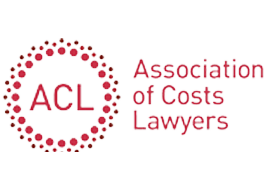We are experienced in preparing accurate statements of costs for a wide range of purposes, including interim hearings, mediation, security for costs, consequential hearings and following settlement of claims. Our statements of costs present the costs in a way that is clear to the court and opponents, which invariably leads to a greater recovery of costs, occasionally as claimed.
Unless there is good reason not to do so, the court should generally make a summary assessment of costs at the conclusion of a hearing that lasts no more than one day, in which case the order will deal with the costs of the application or matter to which the hearing related.
If the hearing is for the purpose of disposing the claim, the order may deal with the costs of the whole claim. In these circumstances, the parties and legal representatives have a duty to assist the judge in making a summary assessment of costs by preparing a statement of costs.
As our clients focus their attention on preparing for a hearing or mediation, we assist them in ensuring that the court has all the information it requires to undertake a summary assessment of costs by preparing an accurate statement of the costs incurred.


